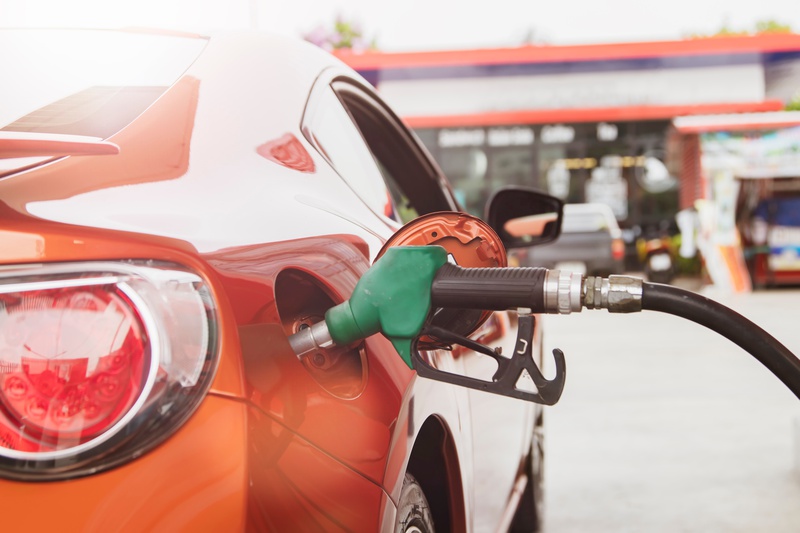The Office for Budget Responsibility (OBR) has offered the following explanation:
“Fuel duties are levied on purchases of petrol, diesel and a variety of other fuels. They represent a significant source of revenue for government. In 2023-24, we expect fuel duties to raise £24.7 billion. That would represent 2.2 per cent of all receipts and is equivalent to £850 per household and 0.9 per cent of national income.
Fuel duty is levied per unit of fuel purchased and is included in the price paid for petrol, diesel and other fuels used in vehicles or for heating. The rate depends on the type of fuel:
- the headline rate on standard petrol and diesel is 52.95 pence per litre, it has been frozen since 2011-12 and it reflects a temporary five pence cut introduced in 2022-23 and subsequently extended to 2023-24 and 2024-25. This also applies to biodiesel and bioethanol.
- the rate on liquefied petroleum gas is 28.88 pence per kilogram.
- the rate on natural gas used as fuel in vehicles (e.g. biogas) is 22.57 pence per kilogram; and
- the rate on ‘fuel oil’ burned in a furnace or used for heating is 9.78 pence per litre.
VAT is applied after fuel duty, so, for example, the pump price of a litre of petrol currently reflects the pre-tax price plus 52.95p for fuel duty plus 20 per cent VAT on the pre-tax price and a further 10.59p for VAT at 20 per cent on fuel duty.”
The interesting point here is that the fuel duty is a fixed price per litre and so over time the real value of the duty will decline due to inflation. This has been the case for many years.
Will this be an item that government will increase in the October budget?



